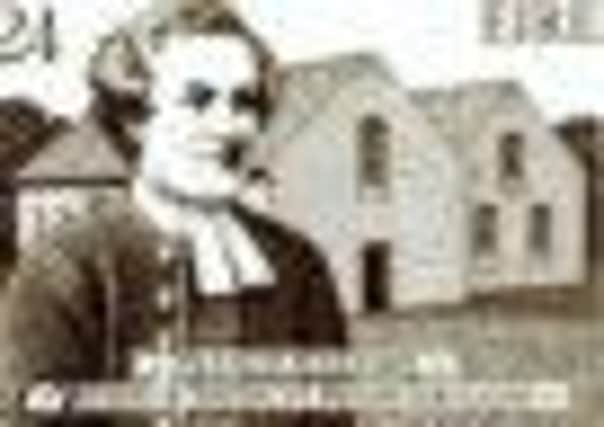Universities began as cabin churches


Religion was a key ingredient for the frontier people, especially Ulster-Scots, back to the first 1720s settlements. The church was a central core in early townships of Pennsylvania, New Hampshire, Virginia, Tennessee, Kentucky, Georgia and the Carolinas and its influence impacted on cultural and social life.
The log cabin schools on the frontier by Scots-Irish Presbyterian pastors became academies and colleges. Some progressed to university status, such as Liberty Hall Academy, Virginia to Washington and Lee University;; Blount College to University of Tennessee and Cumberland College. University of Georgia, University of North Carolina and Transylvania University in Kentucky were also cradled from Presbyterianism.
Advertisement
Hide AdAdvertisement
Hide AdPrinceton Theological College, New Jersey was founded in 1735 by Armagh-born Church of Ireland cleric the Rev William Tennent, who converted to Presbyterianism. Woodrow Wilson, US President and second generation Ulster-Scot, was also educated there and was a college professor.